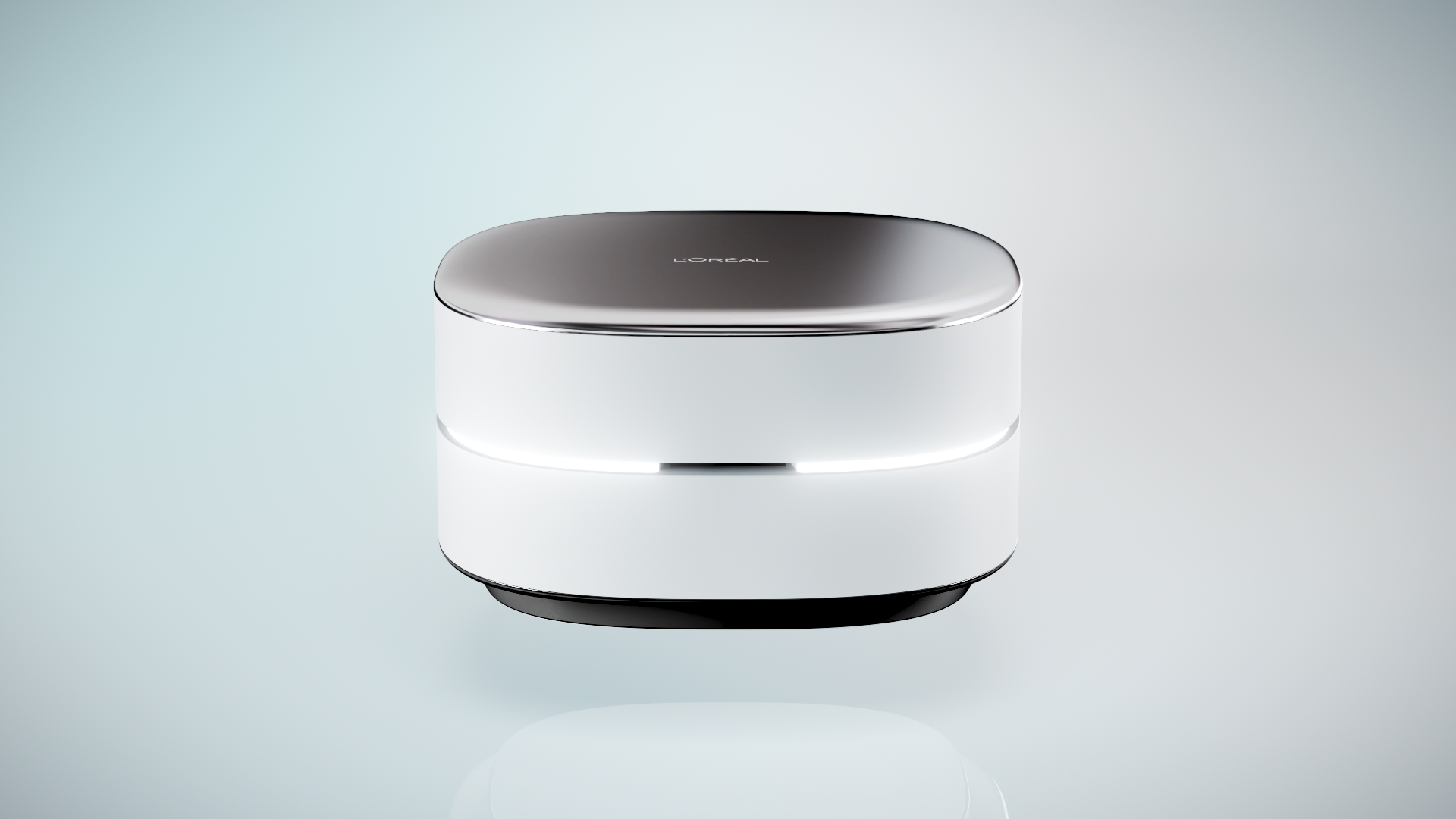
L’Oréal has unveiled Cell BioPrint, a skincare device designed to offer personalized insights into aging and ingredient effectiveness. Announced at CES 2025, this gadget claims to simplify skincare by analyzing how well your skin is aging and predicting future concerns, such as hyperpigmentation or enlarged pores.
Developed in collaboration with Korean biotech company NanoEntek, Cell BioPrint uses proteomics to analyze protein structures from a small biological sample. The process begins with a facial tape strip applied to the cheek, which is then treated in a buffer solution and analyzed using the device. Users also answer questions about their skincare concerns while the device captures facial images. Based on the analysis, the device provides tailored advice on which ingredients may benefit your skin most.
The appeal lies in its promise of cutting through the confusion surrounding skincare products. Social media platforms have turned skincare into a maze of debates over expensive serums and creams. L’Oréal’s gadget aims to replace guesswork with science by suggesting products suited to individual biology.
However, skepticism surrounds the device, as its claims remain unverified by peer-reviewed studies or independent expert evaluations. While personalization is a consistent theme in CES beauty tech, it’s unclear how reliable Cell BioPrint’s predictions and recommendations are.
L’Oréal says the testing process takes only five minutes, and users can repeat it to monitor progress over time. Despite its potential, Cell BioPrint isn’t yet ready for the mass market. The device will undergo pilot testing in Asia later this year, with no confirmed timeline or price for broader availability.
Featured Image courtesy of L’Oréal
Follow us for more tech news.
